

“My main take-away is to center community and conservation throughout the rest of my research.”
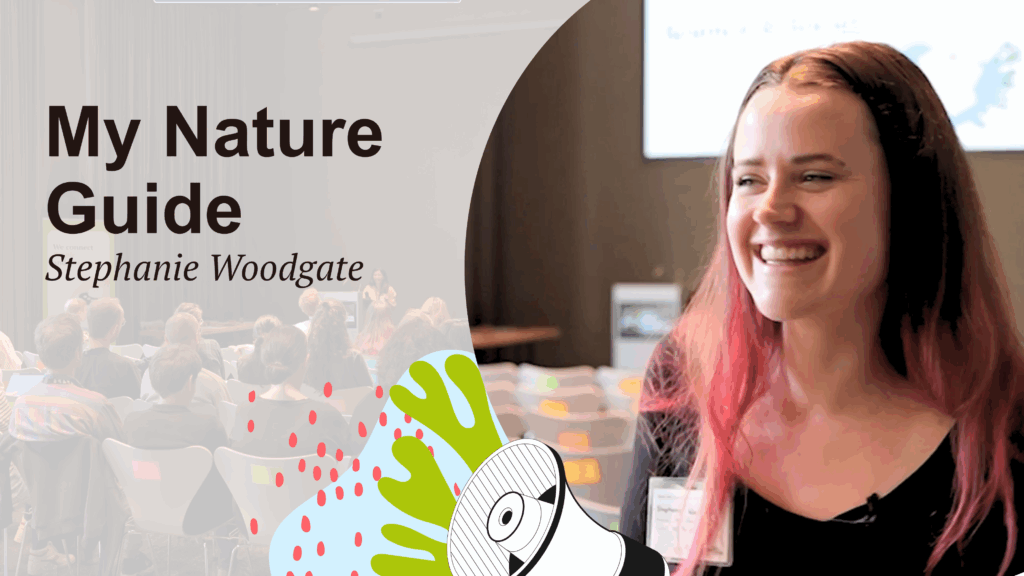
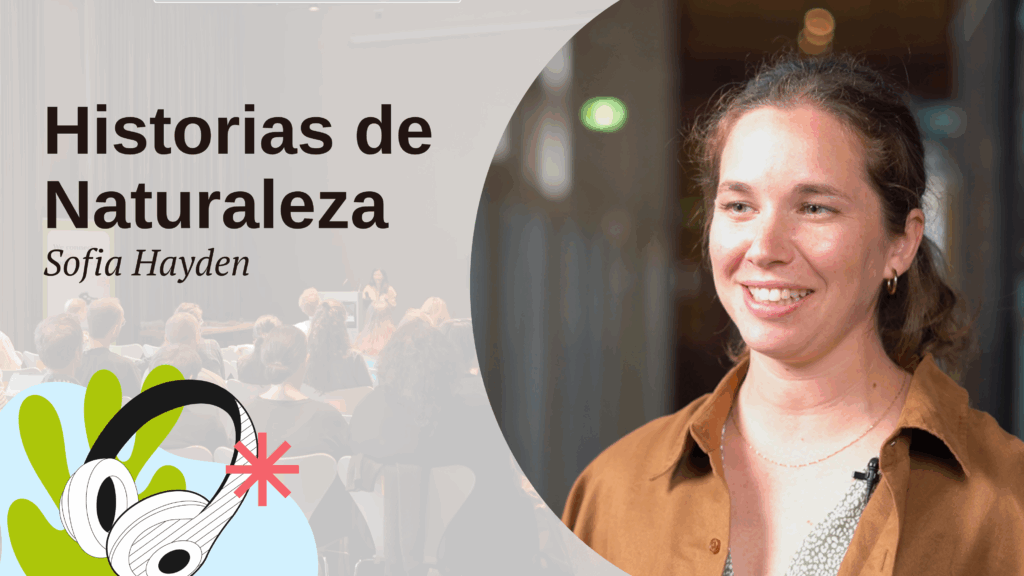
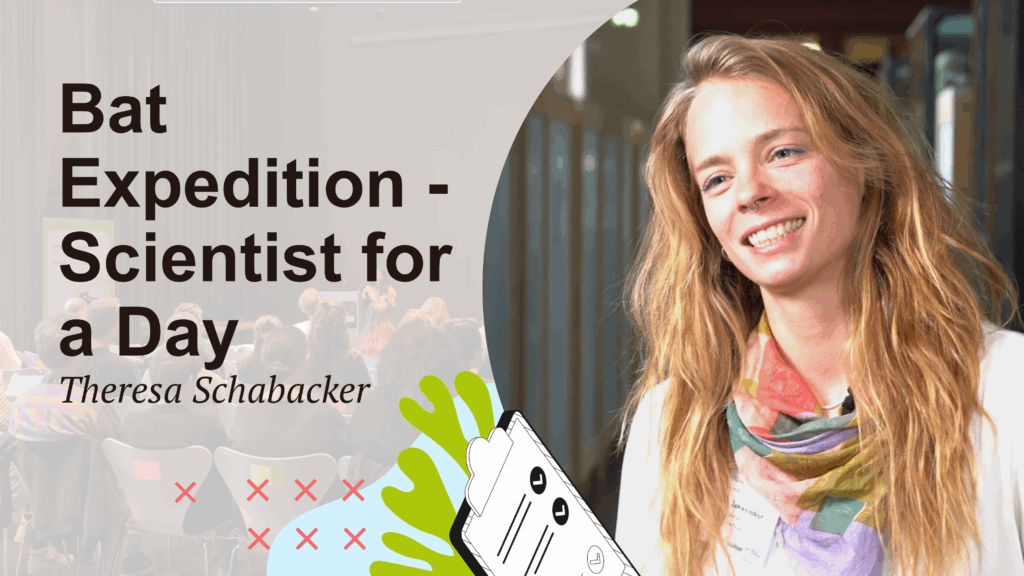
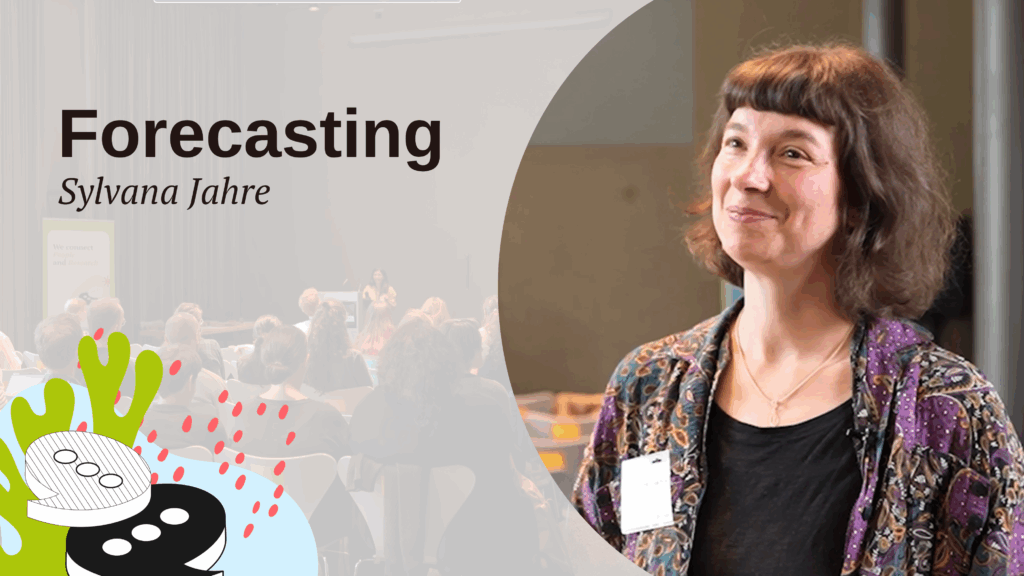
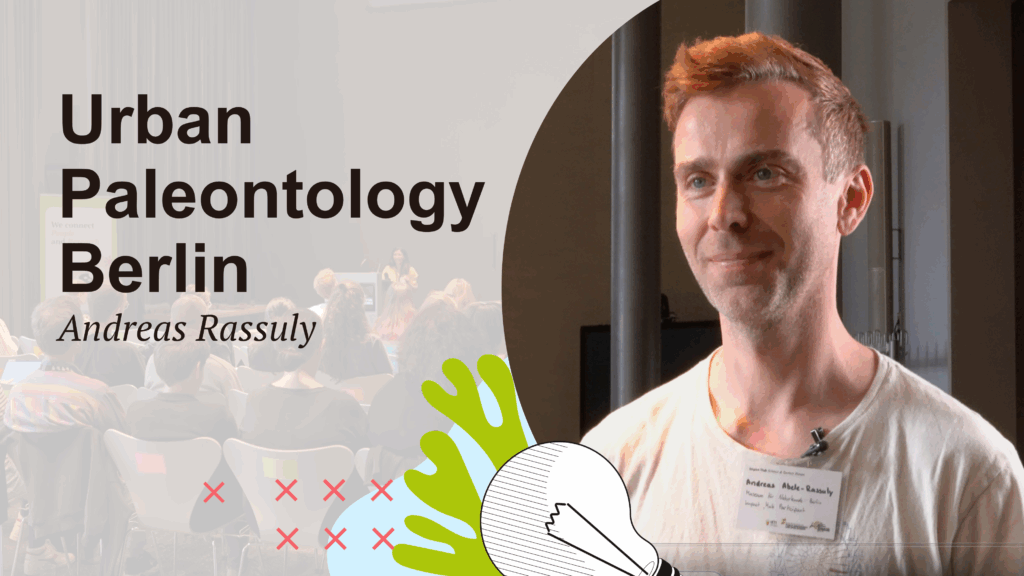
Cookies enable essential website functions. On our website we also use cookies and embed third party content such as videos. Cookies are used to allow you to view third-party content and to collect statistics about your visit to our website. Below you can choose to opt-out of non-essential cookies. You can read more about this in our privacy policy.
In her Hub project My Nature Guide, Stephanie fostered public connection to wildlife through learning, creativity, and community by working with adults to collaboratively explore how to “read” nature and identify local species. She led three workshops with the Cozy Hiking Club – crafting personal nature guides, applying them on a Grunewald walk, and contributing to the iNaturalist “City Nature Challenge.” The project empowered participants to share their knowledge, highlighted the value of citizen science data, and inspired Stephanie to integrate such approaches into her future research.
“My main take-away is to center community and conservation throughout the rest of my research.”
Sofía’s project Historias de Naturaleza explores how storytelling can foster public connection to nature and biodiversity, with a focus on emotional and personal motivation. Working with Spanish-speaking women and FLINTA* individuals living in Berlin, she used shared stories and memories to help participants reconnect with nature, deepening their sense of belonging and ecological awareness while revealing the power of personal and collective memory in biodiversity protection.
“We cannot protect something that we do not know, and we won’t protect something that does not hold a personal value to us.”
Theresa joined the IETI Hub to make science accessible to those often overlooked by traditional outreach, especially families living in the outskirts of Berlin. In her project Fledermausexpedition – Scientist for a Day, she collaborated with local families and institutions in Berlin-Buch to explore bats through hands-on workshops, where participants built and used bat detectors. Her work fostered meaningful engagement with science, emphasizing the importance of inclusive, evidence-based learning in combating misinformation.
“Science is often conducted in an ivory tower that is
excluding some parts of our society.”
Sylvana’s Hub project Forecasting, developed with Netzwerk Naturwissen and the Museum für Naturkunde Berlin, explored how emotionally grounded, multisensory storytelling can deepen our relationship with nature. She created “Natur erzählen,” a storytelling game featuring scent and association stations that invited visitors to reflect and respond, with their insights later interpreted in an interdisciplinary Data-Lab. The project, illustrated by Barbara Ott, showed how collaborative creativity can transform museums into spaces of shared meaning-making.
“I, as a researcher, don’t have to make all the decisions alone – but I can involve a lot of great people.”
Andreas’ project, Urban Paleontology Berlin, aimed to bridge scholarly knowledge and everyday community experiences by engaging high school students in exploring how the geological past shapes Berlin’s urban spaces. In partnership with museum scientists and volunteers, he led educational tours through a paleontological collection, using surveys and an infographic to foster dialogue and measure impact. This hands-on, co-creative approach deepened students’ connection to regional history and enhanced public engagement with Berlin’s fossil heritage.
“There is a lack of awareness on regional geology and palaeontology. (…) In a hyper regional context, people can learn a lot about the past, the present, and also the future of the city.”